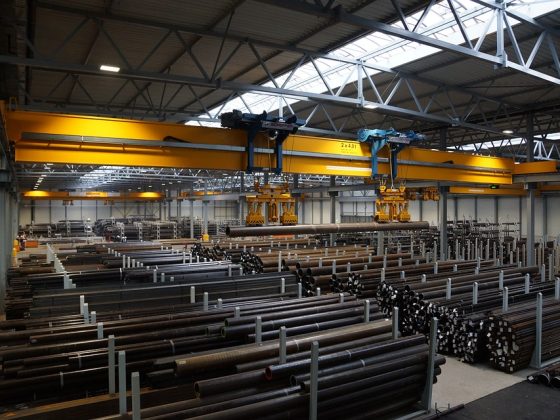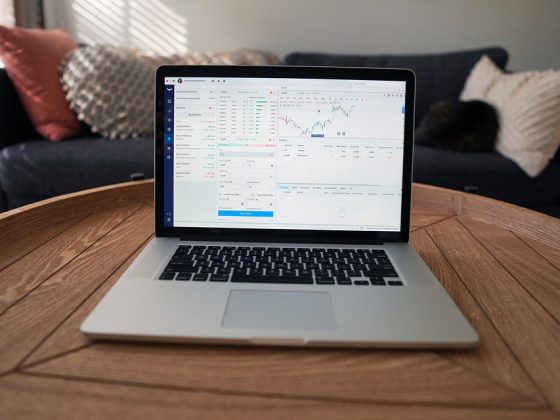In recent years, the rising housing costs have become a major concern for homebuyers across the globe. The housing market has seen a rapid increase in prices, leading many to believe that a bubble may be forming. This has left many potential homebuyers wondering what this means for them and their ability to purchase a home. In this article, we will explore the reasons behind the rising housing costs, discuss the possibility of a housing market bubble, and provide insights on what this means for homebuyers.
Reasons Behind Rising Housing Costs
There are several factors that have contributed to the rising housing costs in recent years. One of the main reasons is the imbalance between supply and demand. With an increasing population and limited housing supply, the demand for homes has outpaced the supply, leading to higher prices.
Another factor driving up housing costs is low interest rates. In an effort to stimulate the economy, central banks around the world have kept interest rates low, making it easier for people to borrow money to purchase homes. This has increased demand for housing, further driving up prices.
Additionally, urbanization and gentrification have also played a role in the rising housing costs. As more people move to urban areas, the demand for housing in these locations has increased, pushing prices higher. Gentrification in certain neighborhoods has also led to higher housing costs, as wealthier individuals move in and drive up property values.
The Housing Market Bubble: Myth or Reality?
With the rapid increase in housing prices, many experts have raised concerns about a possible housing market bubble. A housing market bubble occurs when housing prices are driven up by speculation and not justified by the fundamentals of the market. When the bubble bursts, prices plummet, leading to a housing market crash.
While some analysts believe that the rising housing costs may be a sign of a bubble, others argue that the current market conditions are different from those that led to the 2008 housing market crash. For example, lending practices are now more stringent, preventing the mass speculation that occurred prior to the last crash. Additionally, the low inventory of homes and high demand suggest that the current market conditions may be more sustainable.
However, it is important for homebuyers to be cautious and do their due diligence before purchasing a home. Understanding the local market trends, assessing their financial readiness, and working with a reputable real estate agent can help homebuyers make informed decisions in today's housing market.
What Rising Housing Costs Mean for Homebuyers
For homebuyers, the rising housing costs mean that purchasing a home may be more challenging and expensive. Affordability has become a major issue, as many potential buyers are priced out of the market. This has led to an increase in renting and delayed homeownership for many individuals and families.
Moreover, rising housing costs can impact the overall economy. High housing costs can lead to a decrease in consumer spending, as individuals allocate more of their income towards housing expenses. This can also contribute to income inequality, as wealthier individuals are able to afford homes while lower-income individuals struggle to keep up.
FAQs
1. Should I wait to buy a home if housing costs are rising?
While it may be tempting to wait for housing prices to decrease, it is important to consider your personal financial situation and long-term goals. If you are financially ready to purchase a home and plan to live in it for several years, then it may be a good time to buy. However, if you are uncertain about your finances or the stability of the housing market, it may be wise to wait and continue saving.
2. How can I afford a home in a competitive housing market?
In a competitive housing market, it is important to be prepared and act quickly. Get pre-approved for a mortgage, work with a reputable real estate agent, and be ready to make a strong offer. Consider expanding your search to different neighborhoods or considering a fixer-upper to increase your chances of finding an affordable home.
3. What are some ways to cope with rising housing costs as a renter?
As a renter, rising housing costs can be challenging. Consider negotiating with your landlord for a lower rent increase, finding a roommate to share expenses, or looking for a more affordable rental in a different area. Additionally, consider saving for a down payment to purchase a home in the future.
In conclusion, rising housing costs are a major concern for homebuyers in today's market. While there may be some signs of a housing market bubble, it is important for buyers to be cautious and informed when making their decisions. By understanding the reasons behind the rising costs, assessing their financial readiness, and working with professionals, homebuyers can navigate the current housing market and make sound investments for the future.











